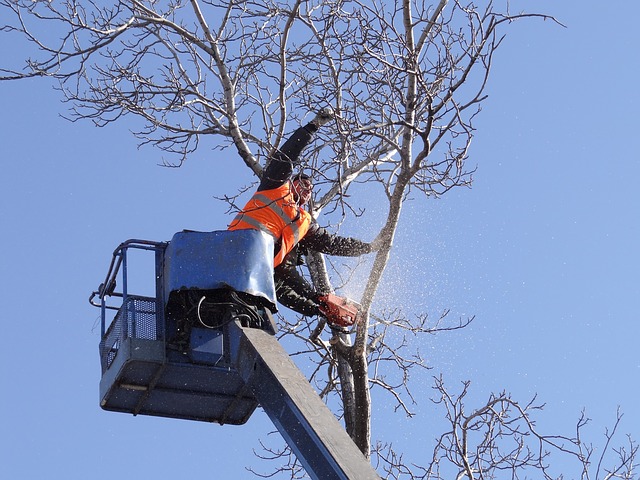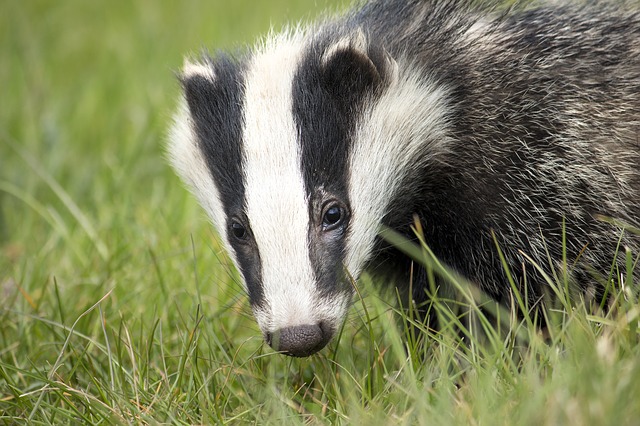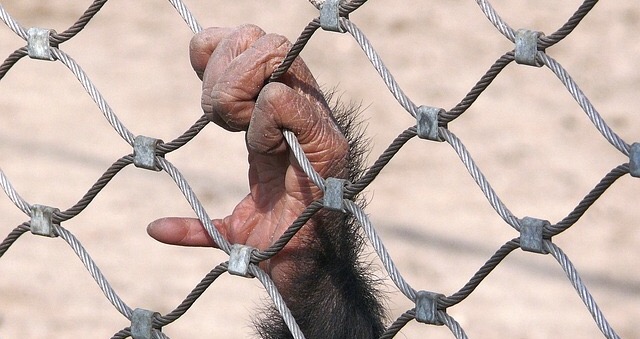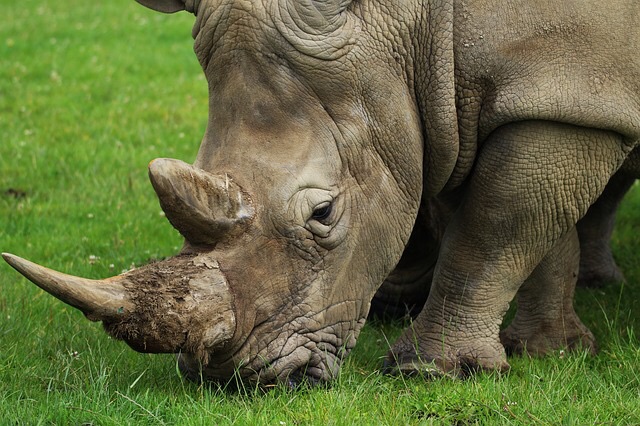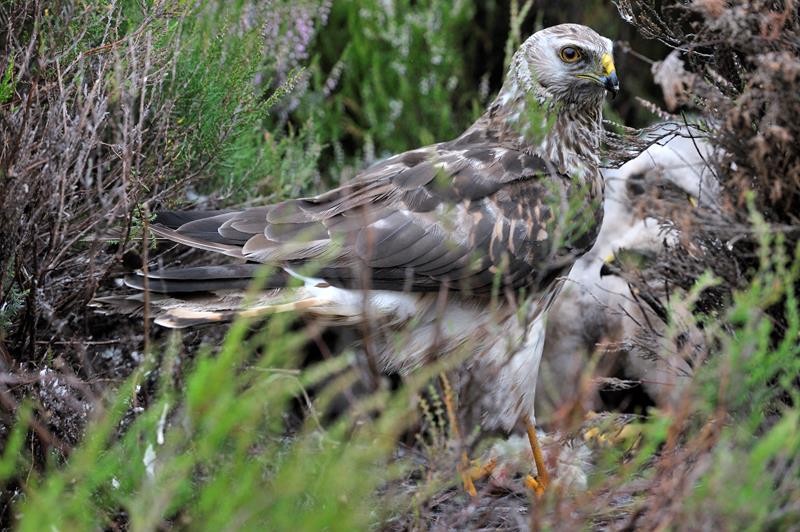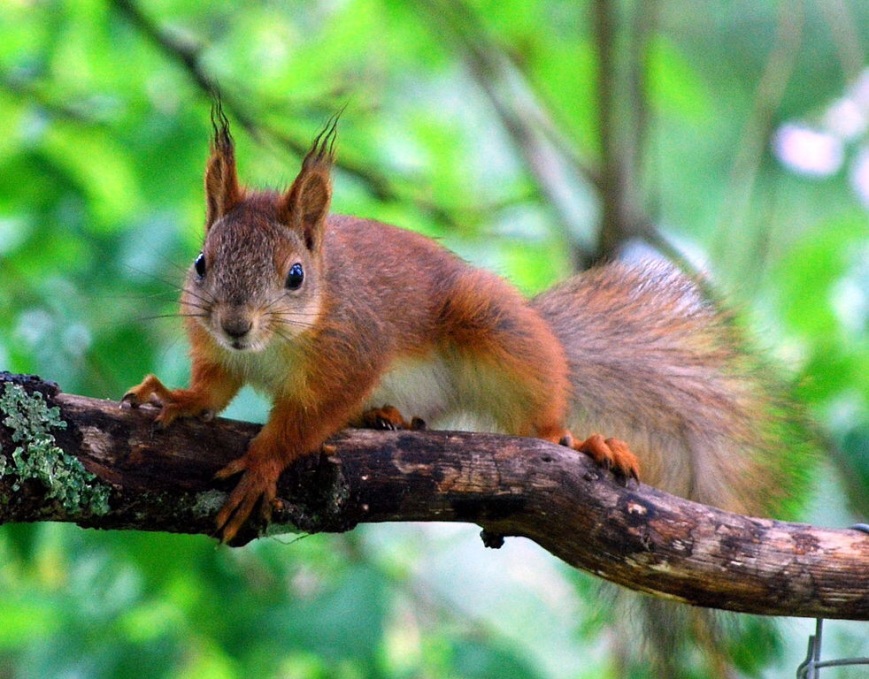Reading the product descriptions on my assorted packets, I noticed what seemed like complementary processes:
Protein powder: “The whole seeds are simply cold pressed then dried and finely ground” £5.89 350g 34% protein
Seed oil: “Made from the highest quality organic flaxseeds (linseeds) and cold pressed” £4.99 250ml 92% fat
This set me thinking why was I buying these separated products only to recombine them? All the extra work done, resources used, processing, packaging, extra faff, and probably extra cost for me, seemed nonsensical and wasteful. My ready cynicism flared up at another marketing monster. Continue reading
